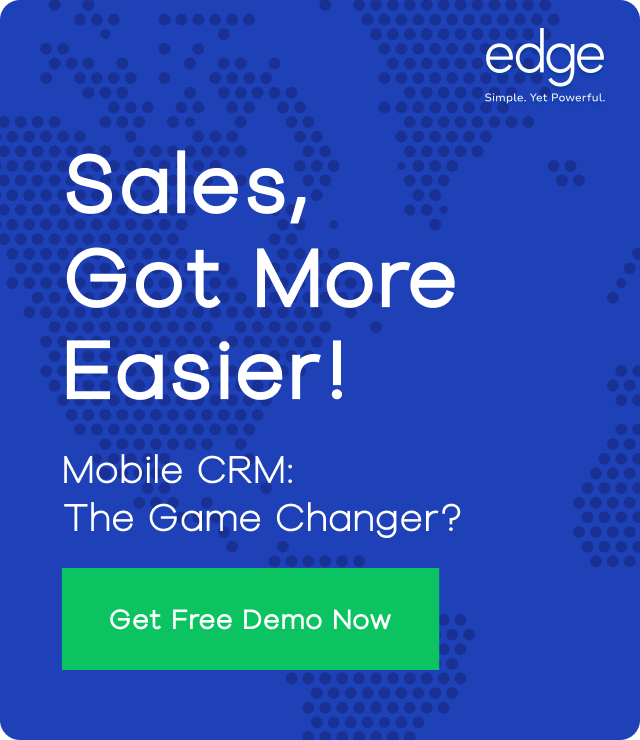by Mrudula Kulkarni
5 minutes
Sustainability & Purpose-Led Marketing: Why Doing Good Is Good for Business
Purpose-led marketing turns brands into movements by aligning profit with sustainability, trust, and real social impact.

There was a time when “eco-friendly” was just a checkbox in a marketing campaign — a nice-to-have label slapped on packaging or tucked into a CSR page no one really read. Fast forward to today, and the rules have changed. Consumers are no longer swayed by hollow promises or green-tinted ads. They’re asking tough questions: What does your brand stand for? How are you making a difference? And are your actions as clean as your copy?
Welcome to the era of purpose-led marketing — where sustainability is not just a strategy but a story, a belief system, and a promise that brands must live up to.
The Shift from Selling to Serving
Modern marketing has moved beyond persuasion; it’s about participation. People don’t just want to buy from brands — they want to belong to them. When you build your campaigns around purpose, you’re not just selling a product; you’re creating a community of believers.
Think of brands like Patagonia, which famously told customers “Don’t Buy This Jacket”, or Tata’s Water Mission, which focuses on providing clean water rather than just selling filters. These brands lead with intention — and that’s why they inspire loyalty that money can’t buy.
Sustainability Is No Longer Optional
In a 2023 NielsenIQ report, over 78% of global consumers said that sustainability has become an important factor in their purchase decisions. But here’s the twist: sustainability isn’t only about going green.
It’s about responsible sourcing, ethical storytelling, and long-term thinking. It’s about looking at your product’s entire lifecycle — from how it’s made to how it’s disposed of — and ensuring that each step leaves a positive mark.
For marketers, this means weaving sustainability into the brand DNA — not just the tagline. Because let’s face it: a bamboo straw won’t save the planet if your factory still pollutes rivers.
The Power of Purpose-Led Storytelling
Purpose gives your brand a heart — and storytelling gives it a voice. The best stories today are not about features; they’re about impact.
When a skincare brand talks about empowering local women farmers who grow their botanical ingredients — that’s purpose.
When a pharma company invests in sustainable packaging for its life-saving drugs — that’s purpose.
When your campaign leaves the audience not just impressed but inspired — that’s the difference between marketing and meaning.
A purpose-led story is authentic, emotional, and deeply human. It connects the dots between what you sell and why it matters.
Measuring What Really Matters
Gone are the days when success was defined by impressions and clicks alone. In a purpose-driven world, brands are asking:
- How much waste did we reduce?
- How many lives did we touch?
- How many minds did we change?
Impact metrics are becoming as vital as conversion metrics. Because in the age of conscious consumption, brand equity isn’t built by how loudly you speak — but by how responsibly you act.
Purpose with Profit — Not Without It
Let’s be clear: purpose-led doesn’t mean profit-blind. The sweet spot lies in aligning impact with innovation. When your values drive your value proposition, profit becomes a natural outcome.
Brands that invest in sustainability often see long-term growth, lower churn rates, and stronger emotional connections with their audience. Purpose doesn’t just future-proof your business — it future-propels it.
Final Thoughts
Sustainability and purpose-led marketing are not passing trends; they’re a new code of conduct. It’s where brand storytelling meets social responsibility — and where authenticity reigns supreme.
So the next time you design a campaign, ask not “What can we sell?” but “What can we solve?”
Because in a world that’s tired of promises, purpose is your brand’s most powerful proof.
FAQs
1. What is purpose-led marketing?
Purpose-led marketing is a strategy where brands align their campaigns, messaging, and business goals with a meaningful cause or value — beyond just profit. It focuses on creating social, environmental, or ethical impact while building authentic connections with consumers.
2. How does sustainability fit into marketing?
Sustainability in marketing means promoting products and services that are designed, produced, and distributed in ways that minimize environmental and social harm. It’s about communicating your brand’s commitment to responsible practices — from sourcing materials to packaging to community engagement.
3. Why is purpose-led marketing important today?
Consumers today are more conscious and value-driven than ever before. They support brands that reflect their beliefs and act responsibly. Purpose-led marketing helps build trust, loyalty, and long-term brand equity — because doing good is no longer optional, it’s expected.
4. How can a brand start its sustainability journey?
Start small but start sincerely. Assess your current operations, identify areas for improvement (like reducing waste, switching to eco-friendly packaging, or supporting local suppliers), and communicate transparently about your progress. Authenticity matters more than perfection.
5. Can purpose-led marketing still be profitable?
Absolutely. Purpose-led doesn’t mean profitless. When values drive innovation, customers reward you with loyalty. Studies show that brands with strong sustainability commitments outperform competitors in customer retention and brand perception.




